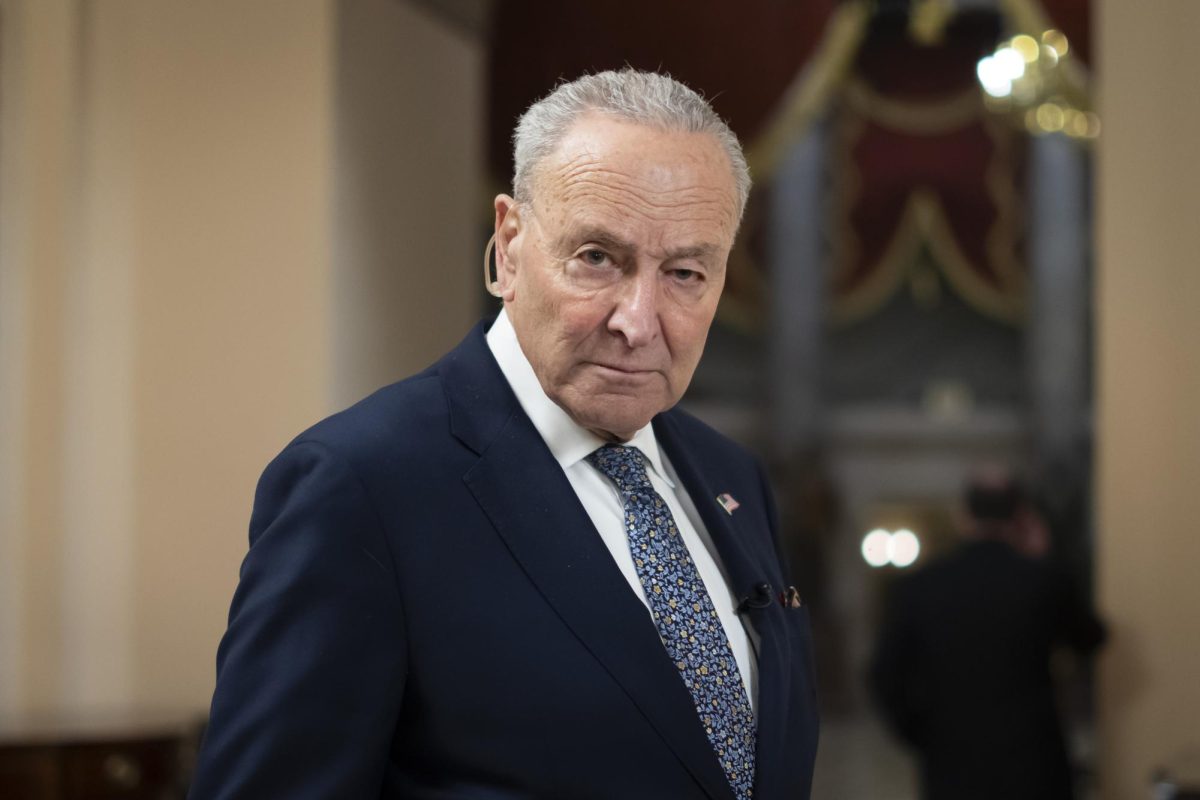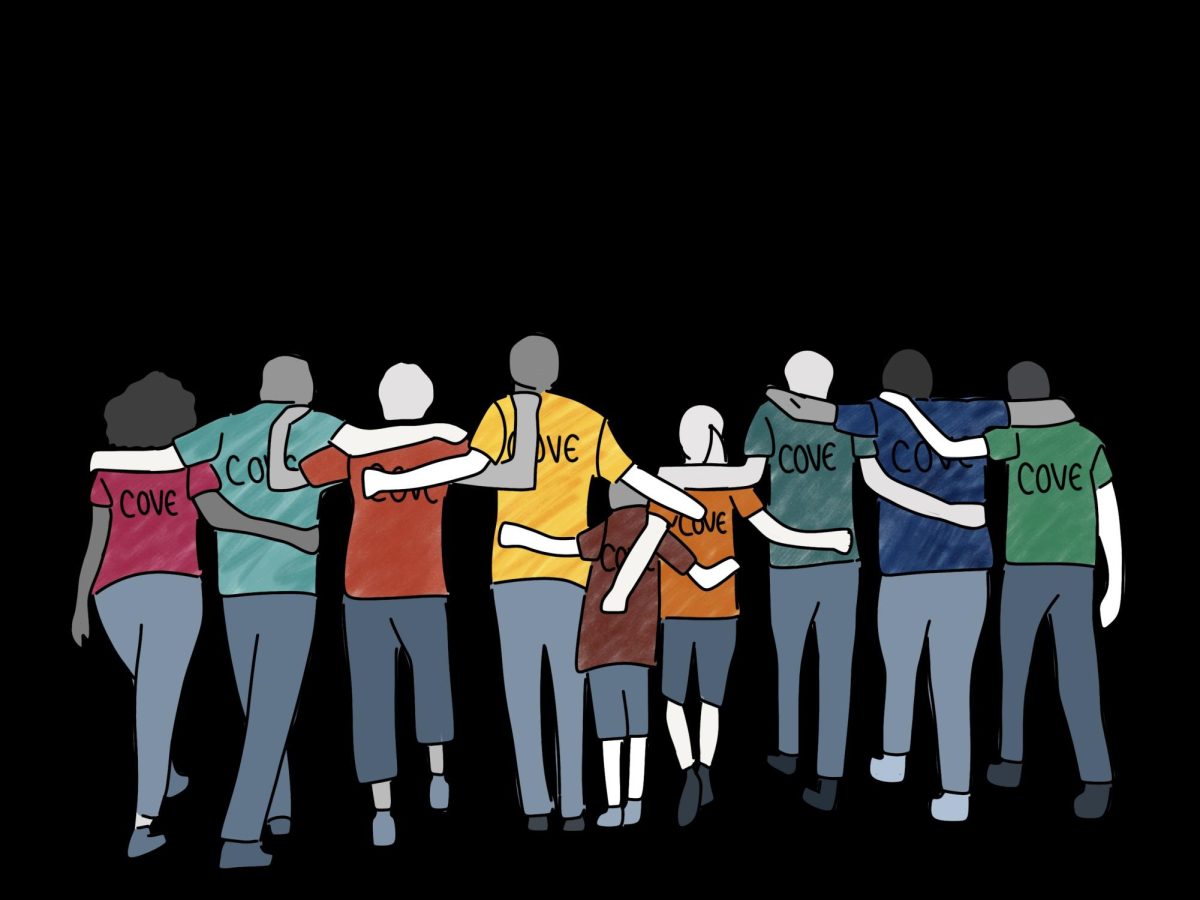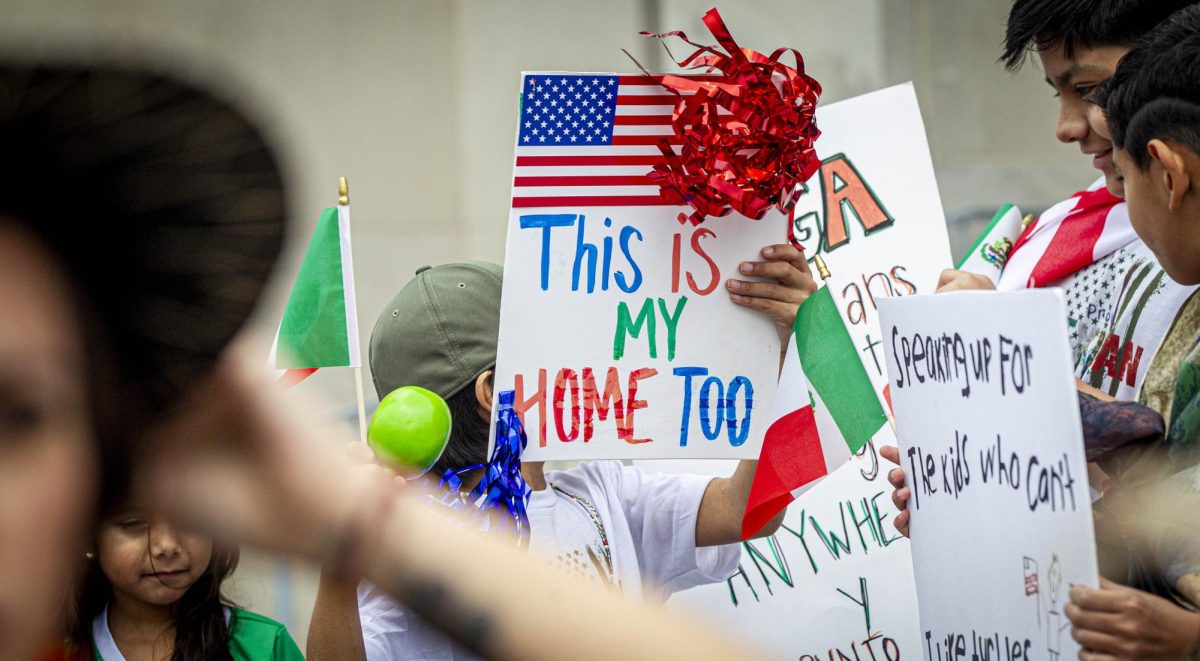When I tell my friends and family about my goals of pursuing a career in political journalism, I’m met with graphic descriptions of the horrors that journalists across the world face. They aren’t wrong.
Violence against journalists is a concerning trend that impedes on free speech. While writing and editing for the school newspaper doesn’t make me feel particularly unsafe or under scrutiny, I must consider the implications of my future as a journalist. I often find myself wondering: Who protects journalists?
Reporters Without Borders is the most commonly known non-governmental organization that exists solely to shed light on the horrors faced by journalists and provide physical as well as legal protection for journalists. RSF’s most notable work is their World Press Freedom Index (WPFI), an annual ranking of countries supported by qualitative research and quantitative data. They have achieved high status with world organizations as they have consultative status with the United Nations.
A quick look at their website paints Reporters Without Borders as an organization that cries for equality and justice for all humans. Much of the work they do supports these values, as they cover underreported journalist detentions, offer legal support for journalists detained by their own governments and provide protective gear for journalists reporting in high risk locations.
However, the organization has received criticism from both Asian and Latino journalists who believe RSF is acting as more of a “puppet” that seeks to delegitimize non-Western governments. Journalist Diana Barahona has made claims that Reporters Without Borders was receiving funding from the U.S. State Department and from the Centre for a Free Cuba. While the organization stated that they did not receive money directly from the U.S. State Department, they did admit to receiving funding from the National Endowment for Democracy, which itself is funded by the U.S. State Department.
Further evidencing a potential Western bias, 54% of the organization’s funding comes from public-sector grants including the European Union, the Swedish International Development Cooperation Agency and the French Development Agency. Initially, this may come across as an innocent way of obtaining funding for the necessary work that Reporters Without Borders completes. However, a look at the WPFI reveals that the very nations, including Sweden and France, that provide funding to the organization are the same nations that rank extremely high on the organization’s annual list.
While some may argue that the nations that support freedom for journalists would obviously be the same nations that fund organizations like Reporters Without Borders, I believe that an organization calling for ethical journalistic standards should be held to the same high standards. I believe that it is deeply unethical for an organization to receive funding from governments that they are meant to report on.
If unethical funding was the only issue presented by the organization, it could be argued that Reporters Without Borders does not present a Western bias. Rather, Western countries are more likely to practice freedom of the press. However, the organization’s founder also has a deeply racist history that introduces deeper concerns. Reporters Without Borders was founded by Robert Ménard, a proponent of far-right and Islamophobic rhetoric, and while he no longer holds any official position within the organization, he was involved in shaping the way the organization functions. This is alarming especially when we look at the research methods used to complete the WPFI. Reporters Without Borders preselects the experts who provide the qualitative data for their WPFI, leaving room for unethical conduct by allowing for the selection of experts whose beliefs are congruent with the organization.
My issues with the organization’s funding and troubling history do not blind me to the fact that they are doing a job that needs to be done. Protecting journalists is vital. In an era of journalistic media that often appears to serve as a means to entertain or perpetuate conspiracies rather than to inform, we must work to uphold the integrity of the field of journalism. Reporters Without Borders does legitimate work to protect journalists and report on injustices journalists face across the world; however, the organization loses its integrity when it accepts unethical funding and fails to have concrete methods of evaluation, and this could potentially disrupt the important work of maintaining freedom of the press. Because of this, I believe that Reporters Without Borders should no longer accept funding from governmental organizations.










